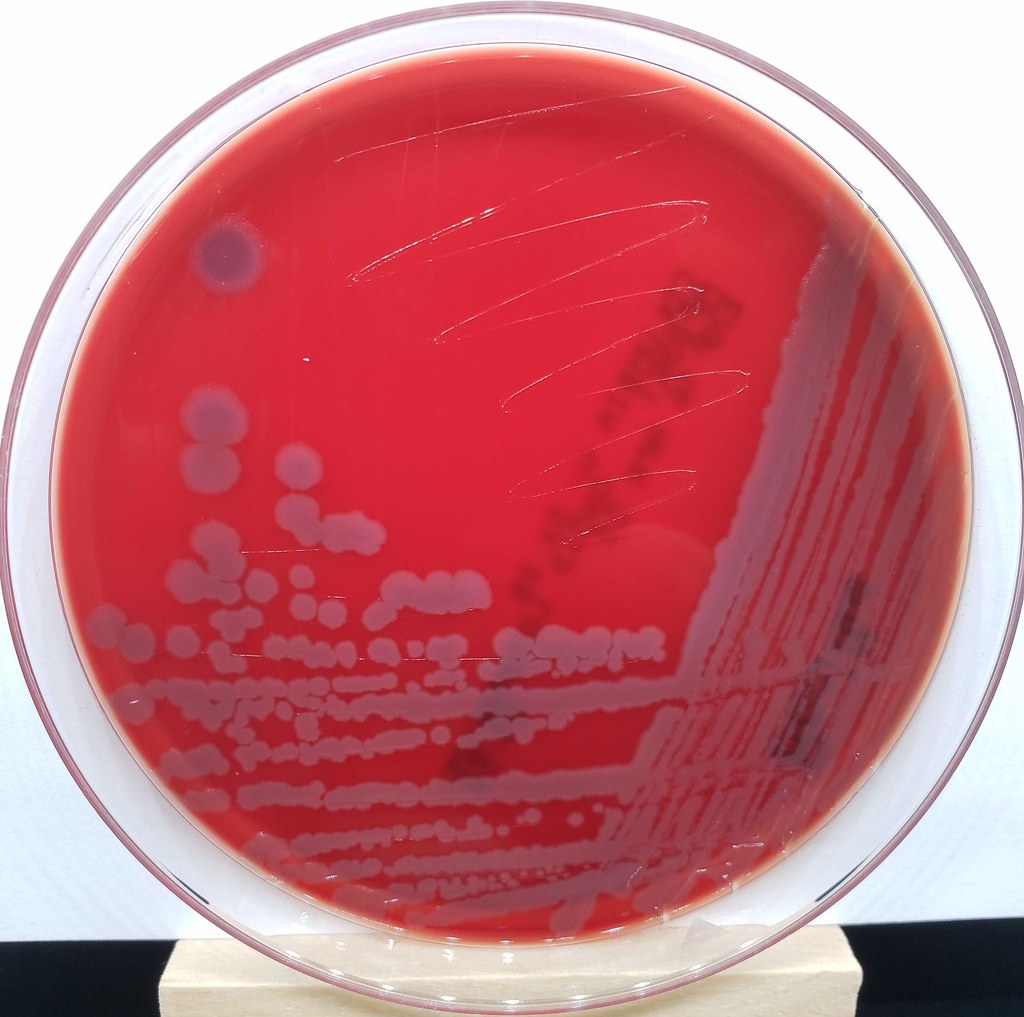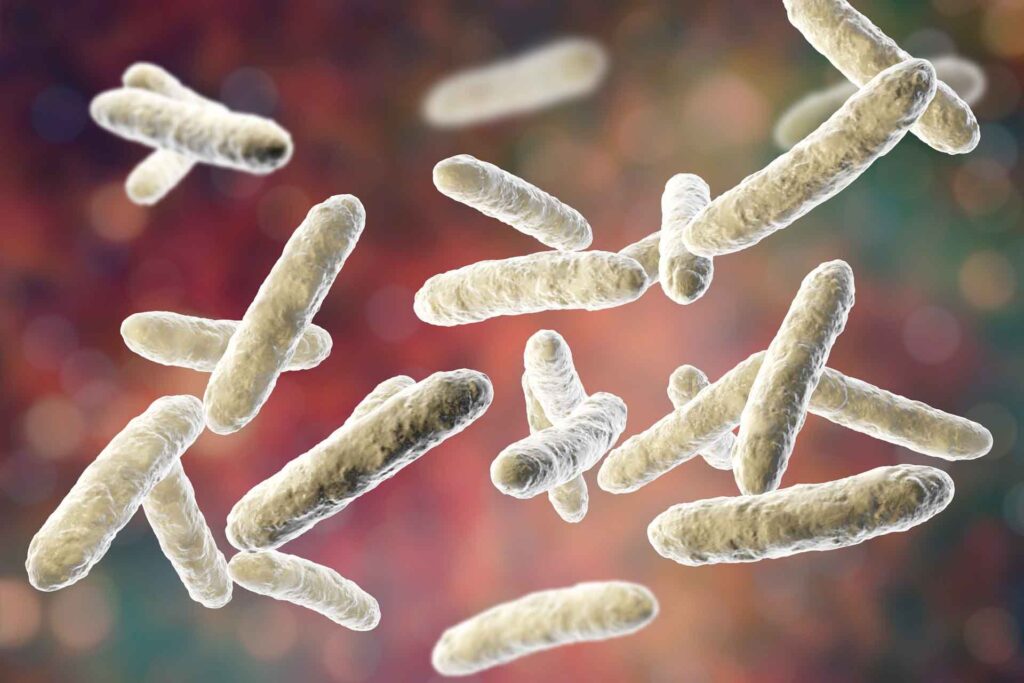The 3.5-million-year-old bacteria that a Russian scientist injected himself. Could the key to eternal life be preserved in permafrost, as this scientist discovered?

From ancient times onwards, people have been searching for the fabled spring of youth. Is it real or not? Is it possible that it could exist in theory at all? Dr. Anatoli Brouchkov, a Russian scientist, thinks he has discovered it in bacteria that are 3.5 million years old, showing that it is possible. And now, what does Dr. Brouchkov do? Apply it to himself, naturally.
The Bacteria That Doesn’t Die
In 2009, Dr. Brouchkov made the initial discovery of this ancient bacteria, Bacillus F, deep within the permafrost of a mountain in the Yakutsk region of Siberia. Like, even farther down in the permafrost than the remnants of woolly mammoths. Dr. Brouchkov was intrigued with it right away, estimating its age to be 3.5 million years. It was really old, but it was still living.
Bacillus F seems to extend the life span of everything around it. If it had the ability to talk, it would say, “I don’t shine unless you shine.” Early studies on mice, fruit flies, and crops yielded results so promising that Dr. Viktor Chernyavsky, a Russian epidemiologist, called it a “elixir of life.” He’s accurate that this bacterium is potent, but for the time being we’re still referring to it as “Bacillus F”. It prolongs the life of exposed mice and keeps them productive even as “grannies,” as Chernyavsky described them. Bacillus F-exposed crops develop more quickly and have greater resistance to frost. The Yakutia region’s population even lives longer than average, possibly as a result of Bacillus F contaminating their water supply. Bacillus F obviously understands life hacks that people do not. (We are not even able to survive for a million years.) However, because it’s still a relatively recent finding, scientists are unsure of the precise mechanism that accounts for its extreme hardiness. The bacteria’s DNA has been sequenced thus far by Dr. Brouchkov and his associates, but they are still unsure of which of its genes give it its remarkable resistance to death. According to Dr. Brouchkov, the question is as tough as figuring out which genes cause cancer. In other words, it’s going to be a while until you can buy a Bacillus F injection at CVS.
The Scientist Who Said “YOLO”

Being the first human test subject for an unknown chemical didn’t concern Dr. Brouchkov, even though Bacillus F hasn’t been well studied on people and its mechanism of action is unknown. No one truly knows how aspirin works, either, as he loves to emphasise out.“I was just curious,” he said. He therefore concluded, YOLO. He would inject the bacterium into himself and see the results. “It’s not real science,” he has admitted. (To put it another way, it’s not a controlled study.) However, perhaps he will live forever now! He claims to be feeling better than ever and is unquestionably still alive. He claimed in 2015 that he had not experienced the flu or a cold in the two years following his self-injection. He claimed to be more energetic as well. All of this could be the result of a placebo, or it could be something more; further investigation is necessary to see whether Bacillus F can truly prolong human life. However, if Dr. Brouchkov survives past the year 1,000, that might also be a sign.

